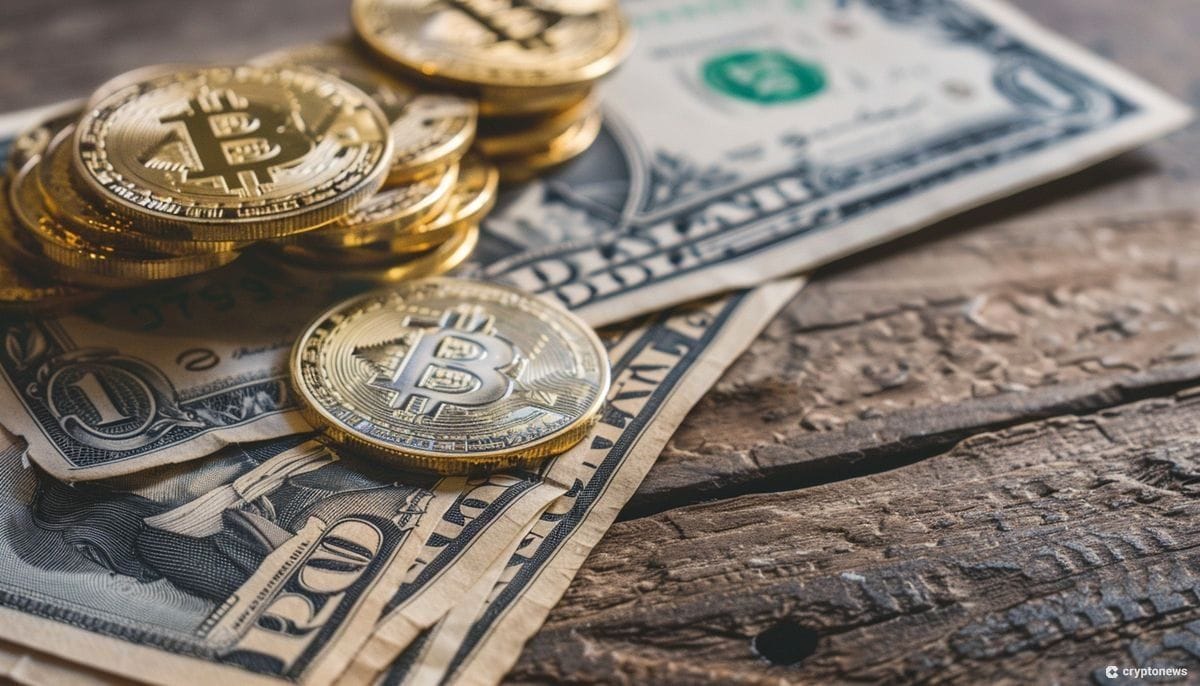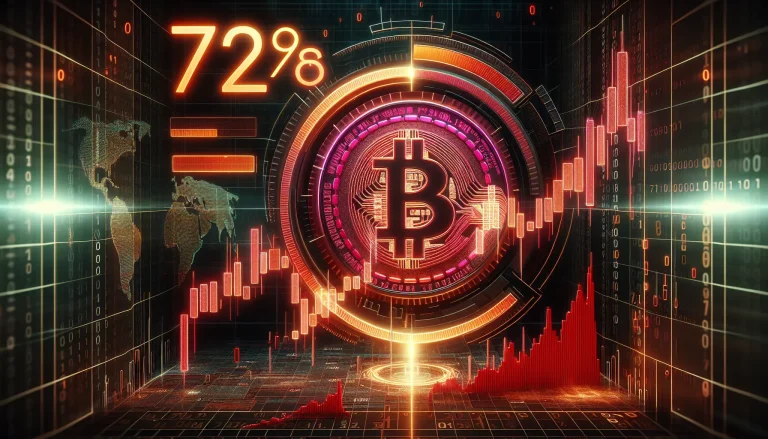Last updated:
 Why Trust Cryptonews
Why Trust Cryptonews

BlackRock has overtaken Grayscale as the largest collective holder of on-chain assets through its exchange-traded funds (ETFs).
The milestone underscores the growing confidence among institutional investors in digital assets like Bitcoin and Ethereum, driven by the increasing approval of ETFs.
As of Friday, BlackRock’s ETF holdings in IBIT and ETHA reached a staggering $21.22 billion, surpassing Grayscale’s combined holdings of $21.20 billion across its GBTC, BTC Mini, ETHE, and ETH Mini funds, according to a report by Arkham Intelligence.
Grayscale Holds Larger Overall Balance
Despite BlackRock’s newfound dominance, Grayscale still holds a larger overall balance, primarily due to its GDLC fund, which manages approximately $460 million in assets.
Unlike BlackRock’s ETFs, the GDLC fund is not an ETF, allowing Grayscale to maintain a broader market share.
However, BlackRock’s rapid ascent, particularly since the launch of its Bitcoin ETFs in January, positions the company as a formidable competitor in the crypto space.
Bloomberg ETF analyst Eric Balchunas has predicted that if the current growth trend continues, BlackRock’s IBIT ETF could surpass Satoshi Nakamoto’s Bitcoin holdings by 2025.
“US ETFs are on track to pass Satoshi in Bitcoin held by October. BlackRock alone is already #3 and on pace to be #1 late next year,” Balchunas remarked.
Recent market data reflects this growing interest in BlackRock’s crypto products. Last week, digital asset investment products saw inflows of $176 million, with BlackRock ETFs alone attracting $408 million.
In contrast, Grayscale ETFs experienced significant outflows, totaling up to $552 million, highlighting a shift in investor preference.
Major Financial Institutions Prefer BlackRock’s ETFs
The appeal of BlackRock’s ETFs is further evidenced by major financial institutions, including Capula Management, Goldman Sachs, and DRW Capital, among others, increasing their holdings in IBIT.
This stands in stark contrast to Grayscale, which is grappling with customer redemptions amid rising competition from spot ETFs for Bitcoin and Ethereum.
One key factor contributing to Grayscale’s struggles is its high fee structure, with fees of 2.5% compared to an industry average of 0.25%.
This has prompted the firm to introduce its new Mini ETH ETF with lower fees, aiming to curb the outflows from its primary ETHE fund.
This move reflects a broader trend, as Grayscale’s Bitcoin Trust also faced significant outflows following its conversion earlier this year.
BlackRock CEO Recognizes Bitcoin As “Digital Gold”
Adding to this perspective, BlackRock CEO Larry Fink has recently acknowledged his change of heart regarding Bitcoin.
During a recent interview, he described the decentralized asset as “digital gold“ and a “legitimate” financial instrument.
Fink also highlighted Bitcoin’s potential as an investment that offers uncorrelated returns, particularly attractive during times of economic uncertainty and currency debasement due to excessive deficits in some countries. He said:
“It is a legitimate financial instrument that allows you to maybe have uncorrelated type of returns. I believe it is an instrument that you invest in when you’re more frightened, though.”

















